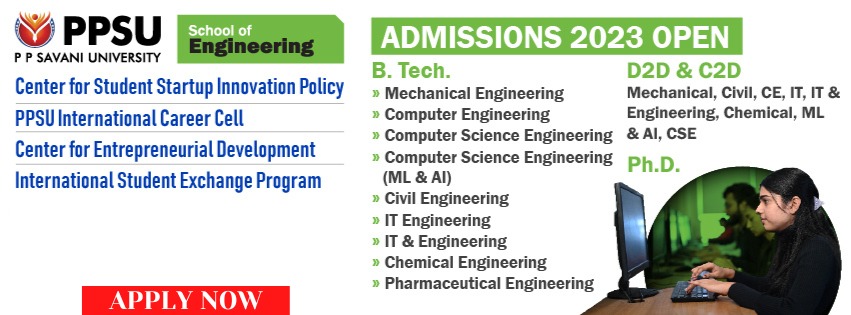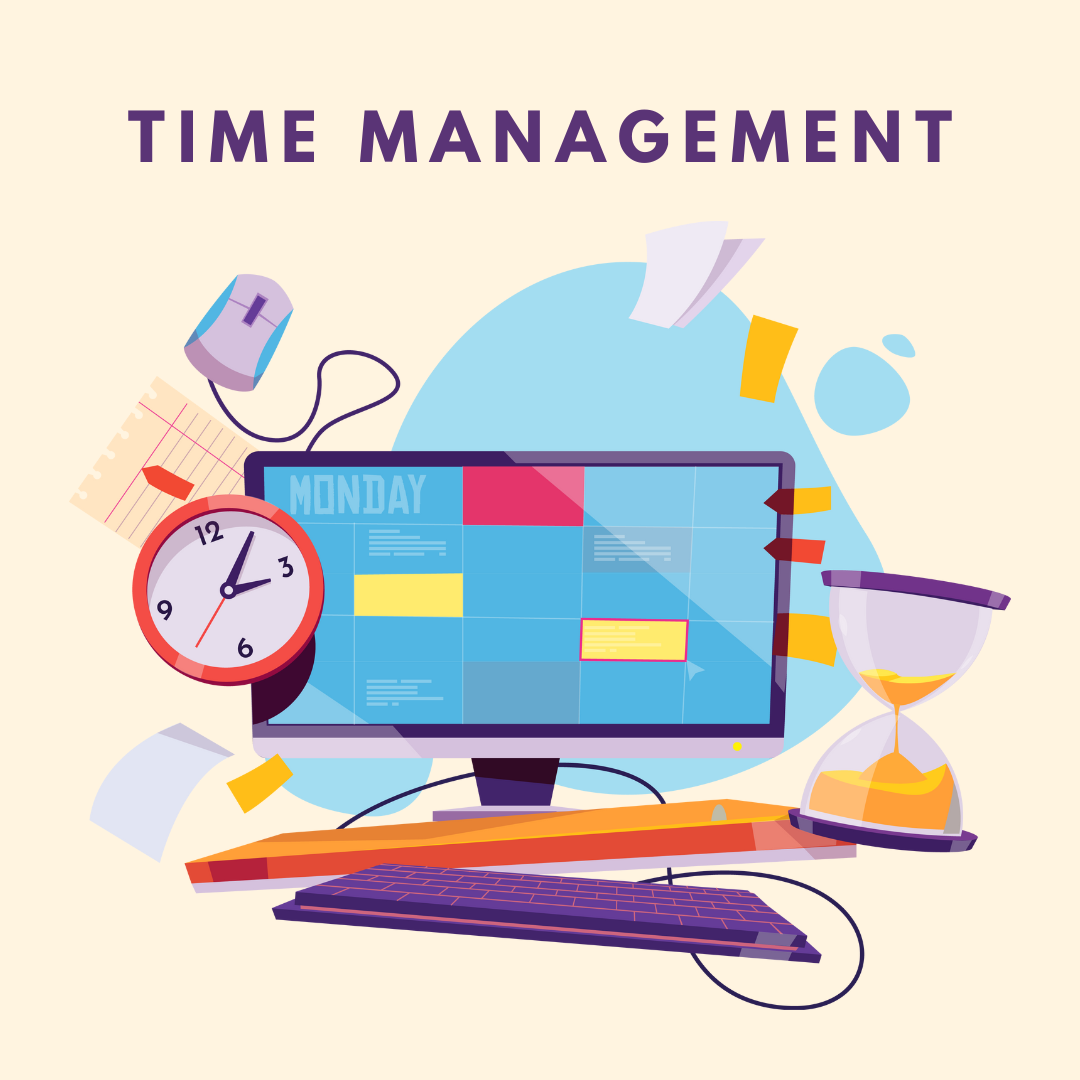Skill Development and Certification Tips: Why Do They Matter?
What is skill development?
A collection of techniques to enhance your competence in the skill used when performing a task is known as skill development. In this context, we can categorize the different types of skill development into three major areas:
Upskilling: Where you refine your abilities in the tasks that you are currently assigned
Cross-skilling: Getting exposed to various other skills for performing similar activities
Re-skilling: Developing new abilities for one to take on a different assignment
However, an individual doesn't need to participate in a vocational program before they can upgrade their abilities. If you happen to be someone still in school chasing after a degree but hating your job; want to apply at another place; vying for better ranks at work,. You could want to better yourself independently by gaining self-esteem or pursuing another leisure activity of your liking.
Let's explore how one gains several new abilities without having a formal education through our skill development and certification tips. A version of this is used for marketing advertisements whenever companies do not have the required capacity themselves
Skill Gap Identification
For self-improvement, identifying skill gaps is very crucial. But the issue is that there are two main reasons why many employees do not take training:
People often feel inferior when witnessing others succeed without understanding why or when engaging in self-criticism. This mindset overlooks the effort behind others' success, leading to a distorted view of their potential.
Skill Development Tips
1.Focus on Basic Skills
Starting a new skill can be overwhelming because there's so much to learn. To make it easier, focus on the most important skills first and tackle less critical ones later.
Core skills are essential for success, while secondary skills support your goals but aren't crucial. If you spend time mastering core skills first, you'll have a better chance of achieving what you want.
2.Break Learning into Small Steps
Breaking down any skill into smaller parts makes it easier to learn. Identify the sub-skills needed for your goals. For example, if you want to be a blogger, rate your writing, photo editing, networking, marketing, and self-discipline on a scale of 1–10. Work on improving weaker areas over time instead of trying to learn everything at once.
3.Learn from Others
To reach your goals and develop skills, learn from those who have succeeded. Seek advice from friends or family, hire a coach, find mentors, and follow successful people in your field. Their experiences can help you avoid common mistakes. Remember that everyone has their own path to success, so adapt their strategies to fit your needs.
4.Do Your Research
Research your goals thoroughly to gather different ideas on how to succeed. Various resources can help you understand what skills you need:
- Books: These often contain valuable knowledge from experts.
- Podcasts: Listening to discussions with industry leaders can enhance your understanding.
- Blogs: Read articles and websites that provide useful information on your topic. Use search engines or subscribe to relevant blogs for more insights.
5.Training Sessions
These courses and workshops have been successful for a long time. They provide structured materials for your training. Some workshops focus on activities for hands-on experience instead of just theory. Spending time with others who have similar goals can keep you motivated and supported in achieving your dreams.
When choosing workshops, ensure they offer accurate content and are led by a reputable trainer. Course overviews can help you decide if the course will help your skill development or not.
6.Act
Taking action is essential for developing skills and getting certified. What you do depends on the skill you want to learn. For example, if you want to learn programming, you would write code, create simple programs, and test them yourself.
The action phase can be scary but is also the most rewarding. It’s where you move from reading to actively engaging with the subject. Your learning speeds up when you practice instead of just researching. Remember, “Practice makes perfect” applies here; the more you practice, the better you become
Certification Tips: Finding Success
Success Research well-known certifications in your field to boost your career. This adds value to the certification for employers and aligns with your goals. Learn about the certification's requirements, like prerequisites, coursework, and exam details. Prepare thoroughly for the exam using various resources like official books, practice tests, and prep courses. Create a study schedule to manage your time and cover all topics. Study groups or online forums can offer support, ideas, and encouragement. Take care of yourself; make sure to rest enough to avoid stress and poor performance. Also, understand the exam format to ease any anxiety during the test. Finally, showcase your new credentials by updating your resume and professional profiles. This commitment can improve your chances of finding a new job. Following these tips can help you earn certification and advance in your career.
Conclusion
For career advancement and personal growth, people need to acquire more skills as well as get certified. Following the skill development and certification tips provided here will help you move through this process with confidence toward the achievement of your objectives at work. Always remember that growing your skills appropriately and having a suitable certificate might increase other possibilities in life. Indeed, if you remain focused, study hard enough, and continue learning, it is possible to succeed!

















Leave a comment